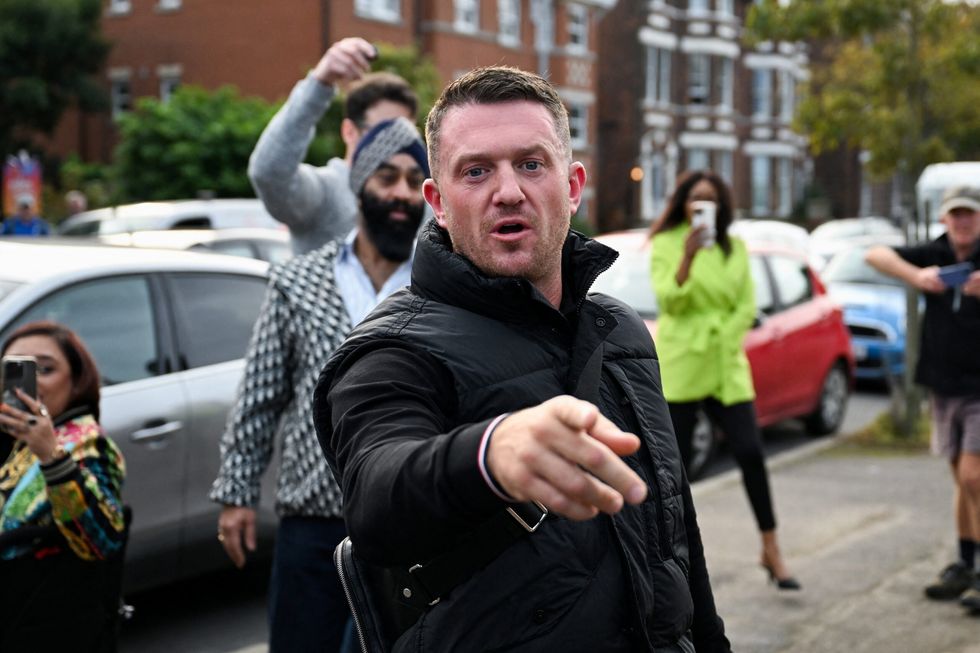A survey found that lack of jobs, high inflation, and falling income in India led voters to reduce support for Narendra Modi in the general election where his Bharatiya Janata Party (BJP) did not win a majority.
However, Modi's leadership remained a significant factor in giving his alliance another term. On Wednesday, he was named the leader of the National Democratic Alliance (NDA), which secured a majority of seats. This marks the first time the Hindu nationalist BJP needs support from regional parties to form a government.
The NDA won 293 seats in the 543-member lower house of parliament, surpassing the 272-seat majority needed to form a government. The BJP alone won 240 seats.
The INDIA alliance, led by Rahul Gandhi's centrist Congress party, won over 230 seats, exceeding expectations.
Modi is scheduled to meet President Droupadi Murmu on Friday to stake his claim to form a government, an NDA leader said on condition of anonymity.
According to a survey by Lokniti-CSDS reported by The Hindu newspaper, at least 30 per cent of voters were concerned about inflation, up from 20 per cent before the election. The agency interviewed nearly 20,000 voters across 23 of India's 28 states during the voting period.
In a previous survey conducted before the election, unemployment was the main concern for 32 per cent of respondents. The Hindu newspaper reported that during the campaign, possibly due to employment promises, this proportion decreased to 27 per cent in the post-poll survey.
Decreasing income and the government's handling of corruption and scams were other concerns for voters, according to the survey.
A total of 21 per cent of respondents said they chose the BJP for its development efforts, while 20 per cent did so for Modi's leadership, which increased from 10 per cent in the pre-poll survey.
The construction of a grand Hindu temple in Ayodhya, Uttar Pradesh, in January, frequently cited by Modi and the BJP as a significant achievement, was the government's most liked work, according to the survey.
Despite this, the BJP was unable to win the Faizabad seat, where Ayodhya is located, and performed poorly in other parts of Uttar Pradesh. The BJP's share of seats in Uttar Pradesh fell to 33 from 62 in the last election.




















 The US base at Diego Garcia
The US base at Diego Garcia
 Anti-immigration activist Stephen Yaxley-Lennon, known as Tommy Robinson, gestures before arriving at Folkestone Police Station in Folkestone, Britain, October 25, 2024. REUTERS/Chris J Ratcliffe
Anti-immigration activist Stephen Yaxley-Lennon, known as Tommy Robinson, gestures before arriving at Folkestone Police Station in Folkestone, Britain, October 25, 2024. REUTERS/Chris J Ratcliffe